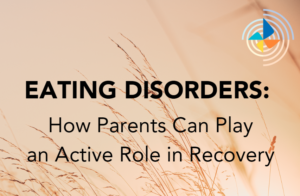Bulimia Nervosa
Bulimia nervosa (BN) affects how you feel about your body and how you eat. People with BN usually restrict intake and try to control what they eat. But, there are also times when they eat a very large amount of food in a short time, and feel out of control with their eating. This is called a binge eating episode. Afterwards, people with BN often feel guilty and disgusted by how much food they have eaten. They try to make up for eating so much by over-exercising or purging (vomiting or taking laxatives or diuretics). However, purging is a dangerous way of trying to manage weight, and purging is generally not an effective way to control weight. They purge or over-exercise because they are scared they will gain weight. People with BN binge and engage in ways to try to make up for their eating at least once per week.
Common complications of BN include:
- mood swings, depression, anxiety
- irritable
- dizzy, headaches
- rashes and pimples
- swollen cheeks
- scars or calluses on the knuckles (Russell’s sign )
- heartburn (acid reflux)
- low blood pressure
- stomach or intestinal problems
- constipation
- loss of bone density
- swollen hands or feet
- dry, yellow skin
- infertile, unable to have children
- kidney failure
- abnormal heartbeat or heart attack
- slowed heart rate
- breathless
- enlarged glands in the mouth and neck
- dehydrated
- tooth pain or tooth decay
- red eyes
- hair loss or thinning
- weight changes
- insomnia
- low blood potassium
Bulimia nervosa can be harder to notice than anorexia nervosa. People with BN do not always lose weight. They may hide the problem and binge and purge in secret. BN can cause very serious health problems. These problems may be hard to reverse if left untreated for too long, and like anorexia nervosa, the medical complications can also cause death.
Resource List
- Bulimia Nervosa: Signs, Symptoms, Treatment and Help ( English )



